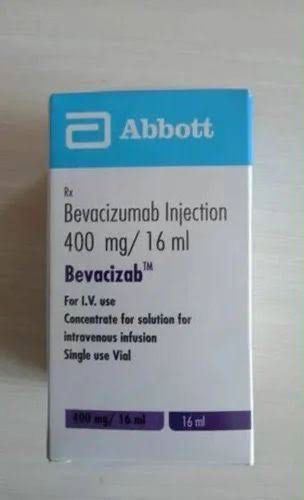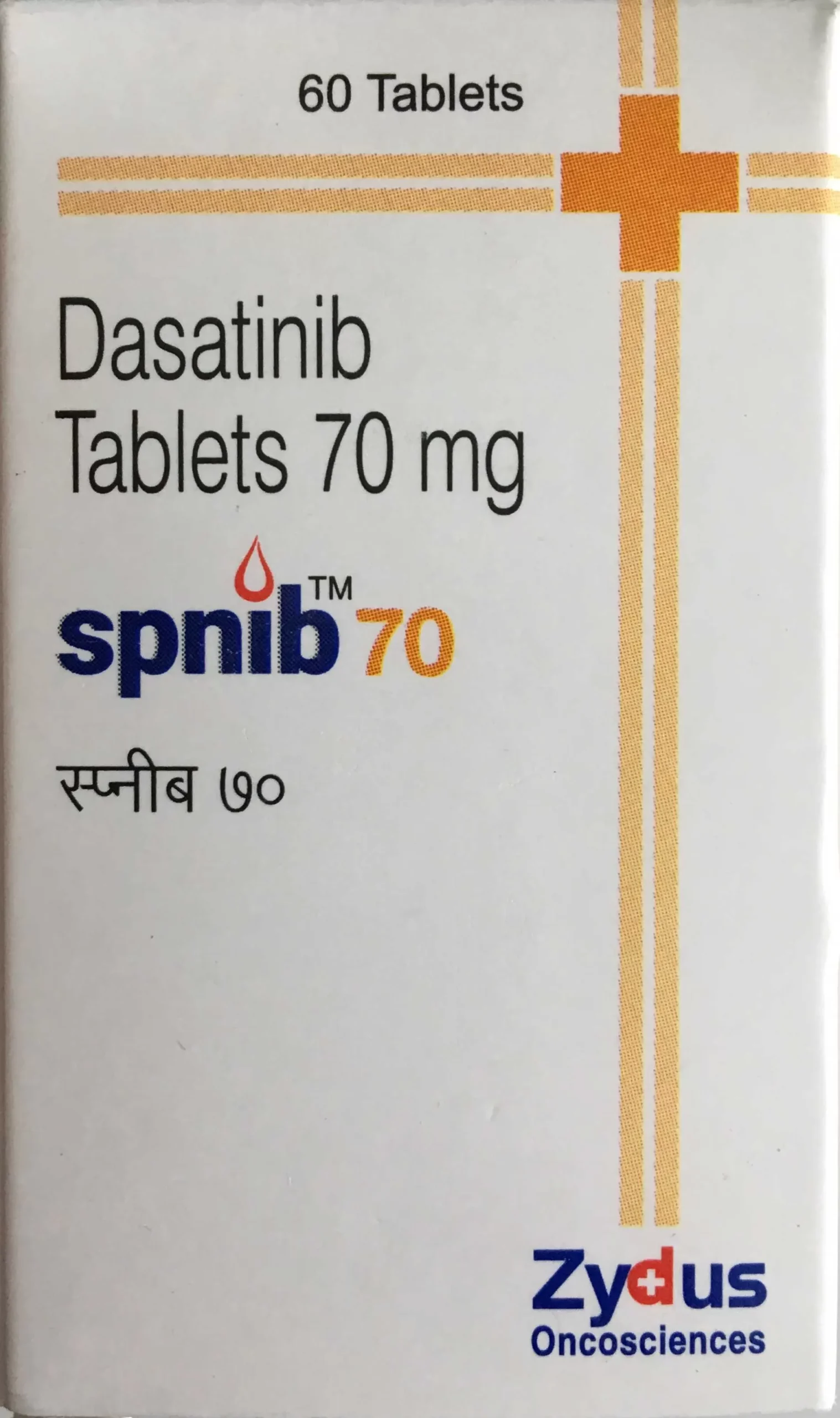Bevacizab 400MG Inj is a brand name for Bevacizumab, which is a medication used to treat certain types of cancer. Here are some key points about the product:
Composition:
Bevacizumab is a recombinant humanized monoclonal antibody that targets vascular endothelial growth factor (VEGF) and inhibits its effects.
Indications:
Bevacizumab is indicated for the treatment of:
- Metastatic colorectal cancer (in combination with chemotherapy)
- Metastatic renal cell carcinoma (in combination with interferon alfa)
- Non-small cell lung cancer (in combination with carboplatin and paclitaxel)
- Recurrent glioblastoma (in combination with irinotecan)
- Platinum-resistant recurrent ovarian cancer (in combination with paclitaxel)
Mechanism of Action:
Bevacizumab works by:
- Binding to VEGF and inhibiting its ability to bind to its receptors
- Inhibiting the formation of new blood vessels that supply the tumor
- Reducing the growth and proliferation of cancer cells
Dosage and Administration:
The recommended dosage of Bevacizumab is:
- 400mg administered as an intravenous infusion every 2 weeks
- The dosage may be adjusted depending on the patient’s response to treatment
Side Effects:
Common side effects of Bevacizumab include:
- Hypertension
- Headache
- Fatigue
- Nausea
- Abdominal pain
- Diarrhea
- Rash or skin changes
Serious side effects can include:
- Hemorrhage or gastrointestinal perforation
- Cardiac problems (e.g., heart failure, hypertension)
- Renal failure or proteinuria
- Thrombosis or embolism
- Severe allergic reactions
Contraindications:
Bevacizumab is contraindicated in patients with:
- Known hypersensitivity to bevacizumab
- Severe hypertension that cannot be controlled
- History of hemorrhagic stroke or aneurysm
- Pregnancy or breastfeeding (unless absolutely necessary)
- Severe kidney disease
Precautions:
- Patients with a history of cardiac disease or cardiac dysfunction should be closely monitored while receiving Bevacizumab.
- Patients with a history of kidney disease or proteinuria should receive dose reduction or close monitoring while receiving Bevacizumab.
- Patients with a history of blood disorders should be closely monitored for signs of blood dyscrasias.
Patient Counseling:
- Patients should be counseled on the importance of taking their medication as directed and not missing doses.
- Patients should be instructed to report any signs of infection, such as fever, chills, or sore throat.
- Patients should be advised to report any changes in their appetite, nausea, or vomiting.
- Patients should be informed that they may experience bleeding or bruising during treatment.
Storage and Handling:
- Store vials at room temperature between 15°C and 30°C (59°F and 86°F).
- Do not expose to direct sunlight or moisture.
- Use within 28 days of opening.
Please note that the dosage and administration information is based on the recommended dosage and may vary depending on individual patient needs and circumstances.




Reviews
There are no reviews yet.